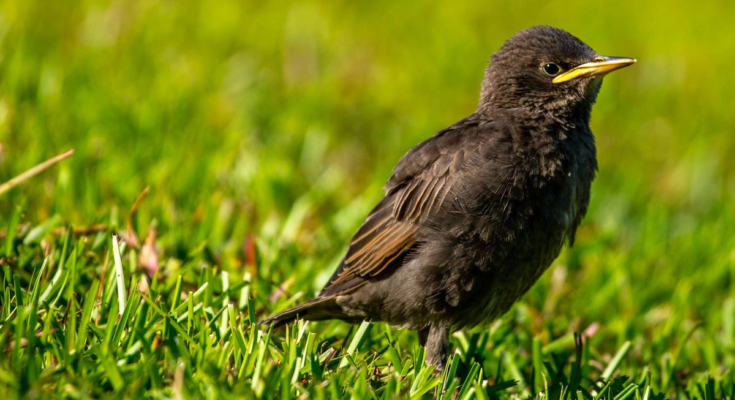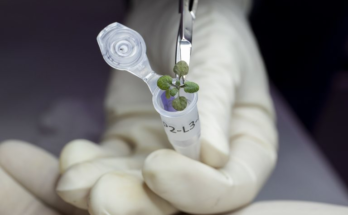
If you ever find a young bird with scruffy feathers, hopping around looking sort of clueless, with no parents to be seen, you might think it’s in trouble and needs to be rescued. But that’s probably not the case. Most likely, you have just found a fledgling.
Fledglings are the awkward teenagers of the bird world. They’re too old to live in a nest, but too young to fully take care of themselves. While injured birds and actual baby birds (without real feathers) may be in danger if you find them on the ground, fledglings belong outside of nests. If you need some help telling these categories apart, we have a guide here on what to do if you’ve found a bird that seems to need help.
What fledglings look like
Many of the things that would make you think “hmm, something’s wrong with that bird” are just normal fledgling features.
Fledglings may look weird, but only because their adult feathers may not have fully grown in yet. They may have different coloration from the adults, or streaky patterning that helps to camouflage them. They may also have big mouths, the better to open them and beg for food from mom or dad.
They may not be able to fly well, either; they’re still learning how, and developing their feathers and muscles. You might see a fledgling hopping around on the ground or hiding in the bushes instead of taking wing.
G/O Media may get a commission
I see tons of fledglings in my yard, and they’re just goofy little kids. One day I saw two grackle fledglings perched in a tree outside my office window. They hopped and puttered around until their parent came back with a mouthful of worms. This parent went back and forth between the two of them, trying to feed them but getting more and more exasperated; I think it was trying to get them each to take one worm instead of the whole mouthful. I remembered the times I had brought two screaming toddlers to a restaurant together, and felt a deep empathy.
Why you should leave fledglings alone
No matter how young and stupid a fledgling appears to be, it’s in the right place if it’s outdoors, outside of a nest, and isn’t obviously injured. Fledglings’ parents have to leave them alone, sometimes for hours, to go off and get them food to eat.
If you find a fledgling in a dangerous place, like in the middle of a road, go ahead and move it to a safer spot nearby. But don’t take it home or whisk it off to a wildlife rehabilitator. If you do that, you’re kidnapping someone’s child. Fledgling birds do better in the wild with their parents than at a rehabilitator. Remember, the parents are feeding it, and they also have the job of teaching the goofy creature how to be a bird.
If you’ve picked up a fledgling and it’s only been a short time (less than a day), go put it back—the sooner the better. Its parents are probably out there looking for it.



